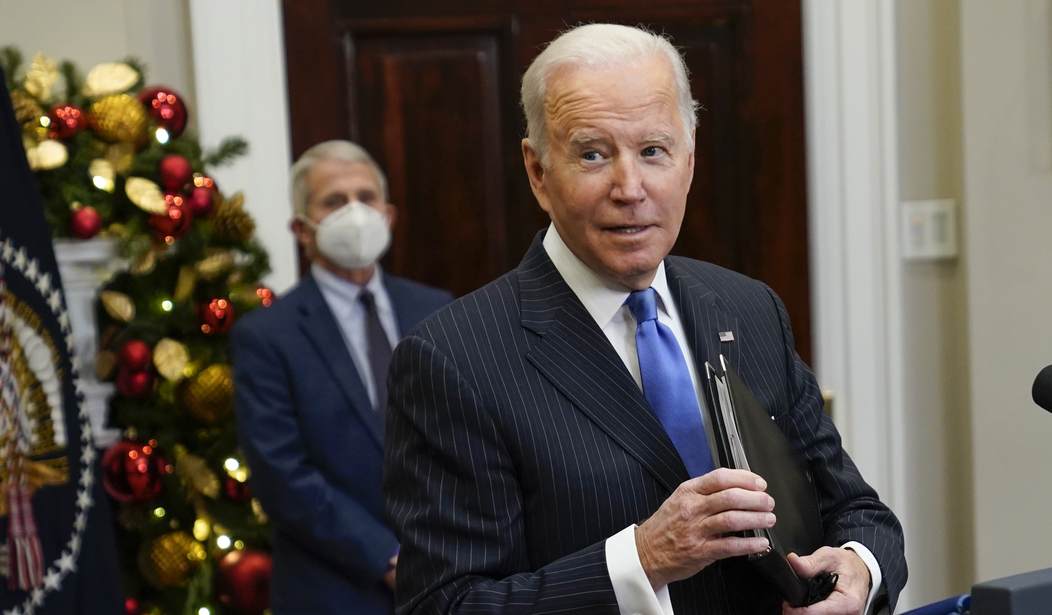Green Bay Packers star quarterback Aaron Rodgers made headlines (and waves) a couple of weeks ago when he said, in an interview on the Pat McAfee show, “if science can’t be questioned, it’s not science. It’s propaganda.”
He is exactly right, of course. I made much the same point in this space over a year ago. But it’s always welcome when someone of Rodgers’s stature, and with his platform, is willing to speak out.
At the same time, this is hardly a shocking revelation. Science and propaganda have a long and sordid relationship. In some ways, propaganda is baked into the science pie, so to speak.
To explain what I mean, let me start by using a somewhat less pejorative term: public relations. For scientific discoveries to be useful, to have any impact on people’s lives, they must be communicated effectively. After all, what is the point of researchers learning that, say, too much salt can raise your blood pressure if the people who need that information, those prone to hypertension, aren’t made aware of it?
That’s where “science communication” comes in. Essentially, if those researchers want to save lives based on their discoveries, they need a good PR campaign. Not only do they have to get the word out, but they must do it in such a way that people are receptive to it—not put off by it—and ultimately persuaded to change their habits. Thus the original discovery, “the science,” though clearly indispensable, is just the first step. From that point on, it’s all about communicating.
In my graduate-level science and technical writing courses, we were taught the prevailing theory in the field, known as “consensualism”—basically, the idea that what is true is what most people can be persuaded is true. Remember, we’re talking about science, not art, literature, or philosophy.
Recommended
To be fair, consensualism has some practical value. If those scientists can’t get hypertensives to reduce their salt intake, then their research program has ultimately failed. And motivating people to take action means first convincing them action is necessary—in this case, persuading them that too much salt can actually threaten their lives. Thus, an effective public relations campaign that drives the necessary consensus is a positive good.
The problem arises when there is no real consensus—when scientific information appears to conflict. We’ve all seen dueling “studies” on things like coffee or alcohol or dairy products. One group of researchers says something is bad for you, then a year later another group comes along and says it’s actually okay in moderation or even suggests you need more of it.
In those cases, it all comes down to messaging. Which side can make the better argument for its claims? This is where the actual science, the evidence, can take a backseat to the PR. And when that happens, those paying attention begin to suspect there might be more to the equation than just “science.” They start to ask questions like, “Who is funding this research? What do they stand to gain?”
This sort of thing has been going on for decades, if not centuries. It can be dangerous in that many are not paying attention and fail to ask the right questions. They are simply being manipulated. But at least there are, to some extent, checks and balances built into the free market system. Other researchers with different data and conclusions can offer counterarguments and attempt to win people over in the arena of ideas.
Unfortunately, all that give and take, all the scientific debate, tends to go out the window when it’s the government conducting the PR campaign. Unlike an individual company or group of researchers, government has the power—through its regulatory agencies, law-making function, enforcement mechanisms, and ability to control the flow of information—to suppress any and all competing ideas, however evidence-based. A compliant media enables this behavior when it abandons its traditional role as watchdog and embraces a new one as mouthpiece.
For example, if I want to fly out and visit my grandchildren, I can review the messaging (such as advertising, promotions, and passenger information) from Delta, Southwest, American, etc. and decide which one I think best suits my purposes. No airline has a monopoly on flying.
But the government does have a monopoly on, well, governing. And that includes the messaging around governing, through which they can influence every aspect of our lives from consumer behavior to medical decisions. If they tolerate no dissenting opinions, acknowledge no contradictory information, then all we know is what they allow us to know. This is how they get people to believe what the government wants them to believe, and ultimately do what the government wants them to do, without appearing authoritarian.
That’s not just PR; it’s propaganda. It is the very definition of propaganda: a government monopoly on messaging. It’s why Aaron Rodgers was correct—science that brooks no disagreement is merely propaganda—and why the rest of us must take that observation to heart, advocate passionately for the free exchange of ideas, and actively seek out contrary opinions wherever we can find them.
Otherwise, we’re at the mercy of the government. And while such a state of manipulation may occasionally be benign, it often (usually?) isn’t. I for one am not willing to take that chance, nor will I abdicate my right as a free citizen to make my own decisions about what’s best for me and my family.























Join the conversation as a VIP Member